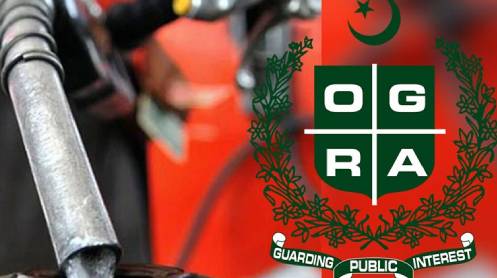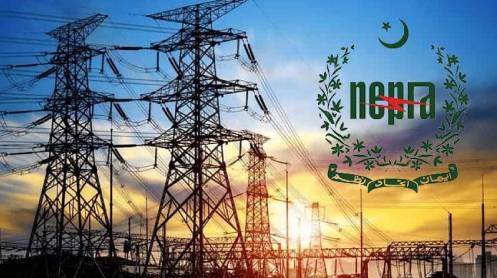It is interesting to note that in the 1970s and 80s, and even today, power and gas were often provided in sub-urban or rural localities to gain political mileage.
I remember watching TV clips of the same. Somehow a basic right is shown as a favour. Contrastingly, today the public acknowledges power as their basic right but pays the bills as a favour.
In the initial period, Pakistan relied heavily on hydel to fulfil the country’s power needs. In the 1990s, during the tenure of PPP, independent power producers were added to the energy mix, which increased the country’s reliance on fossil fuels.
It is disturbing to note that when shifting to alternate energy was more viable, people at the helm opted to increase the use of fossil fuels and natural gas to produce electricity. As Pakistan’s natural gas reserves depleted, Pakistan had to opt for the use of regasified liquefied natural gas (RLNG), another imported fuel, to meet the country’s energy needs.
Common sense actions such as constructing large windows to let in sunlight and switching the lights when you exit the room can bring your bill down
Pakistan has huge reserves of coal, but unfortunately, coal exploration and increasing coal’s share in the country’s energy mix will take a lot of time. Also, while Pakistan intends to increase the use of coal, globally the reliance on coal is being discouraged because of its strong carbon footprint.
Pakistan has revived the existing International Monetary Fund programme, with the government announcing the removal of subsidies from the power sector and increasing the base tariff.
Also, due to reliance on imported fuel, a component of Fuel Cost Adjustment (FCA) is included in consumers’ bills. The National Electric Power Regulatory Authority, the power sector regulator, conducts a monthly public hearing, after which it allows distribution companies (Discos) to charge FCA from its consumers.
Due to the increase in energy prices globally coupled with the devaluation of Pakistan’s rupee, the cost of power production increased. Consumers paying the cost per unit of electricity have to pay FCA on the number of electricity units produced as well. A consumer’s electricity bill also has multiple government taxes in it. Another important aspect is that bills also depend on the slab system. The rate for the consumer using 200 units is different from that of a consumer consuming using 300 units and so on.
Along with the rising cost of power, Pakistan is also facing a demand and supply gap. According to the power division, the total electricity production in the country is 18,461MWs, while the total demand stands at 24,900MWs. This means that country’s total shortfall is 6,439 megawatts, and Discos resort to the regulator’s solution: load management to manage the shortage.
Considering the realities of the power sector and rising inflation, it is high time we start behaving responsibly. Conservation is the answer. Mindful electricity consumption will benefit us, reduce the country’s import bill and offer a cleaner environment. For this we need to:
If we want to conserve energy, we have to bring a genuine change in our behaviour. It is a common sight that people move from one room to another in their houses or workplace but do not bother to switch off electrical appliances.
Also, with the increased usage of laptops and cell phones, battery chargers have become an integral part of our lives. Most chargers continue to consume power even when not charging the device. Switch off appliances when not in use. Unplug the charger and switch off lights and fans when exiting the room.
Pakistan has good daylight available. On average, it receives approximately 1kW of solar energy per square meter of its landmass for 6- 7 hours per day. The number of sunshine hours the country receives is 3,000-3,300 per year.
We are unable to take full advantage of this natural resource and resort to using artificial resources to overcome this failure. Markets open after noon and stay open till late at night. This mismanagement of the schedule causes additional use of electricity.
ACs, once considered a luxury, have now become a necessity. Manage them efficiently. Keep the temperature at 26C to avoid heavy consumption. Use air conditioning in the family lounge or commonly used rooms to discourage more individual ACs from being switched on.
When constructing houses, residential or commercial buildings, special attention should be given to big windows so that maximum sunlight is used during the daytime. Also, premises should have ventilation so fresh air can enter and create a comfortable environment.
It is high time that we start using energy-efficient appliances. While considering the impact of inflation, it is not easy to replace big appliances like ACs or refrigerators. However, people can conveniently replace regular bulbs and opt for LED bulbs which consume less energy. Fans can be replaced as well. Using solar lights for gardens and car porches is another viable option.
Energy conservation is the need of the hour. It is high time that people at the personal and commercial levels take this issue seriously and take appropriate steps to start a conservation drive. This will go a long way in helping Pakistan be more energy efficient.





